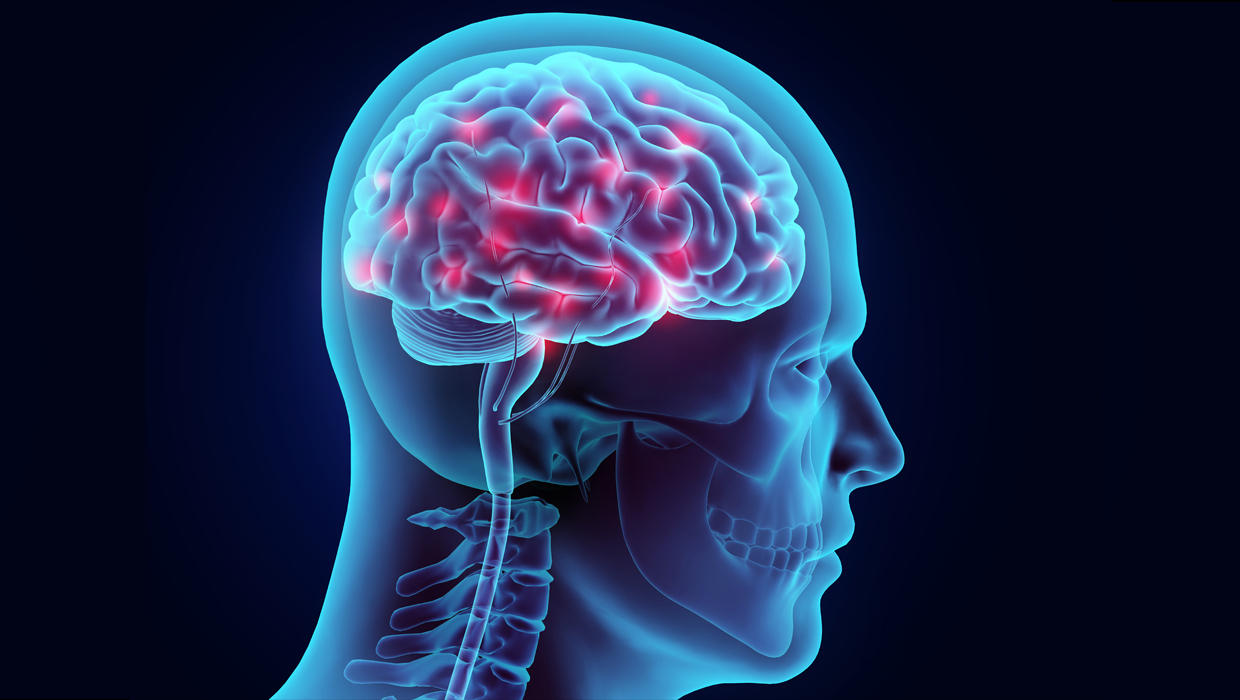The human brain, often considered the most complex organ in the body, has long been perceived as a static entity once fully developed. However, groundbreaking research in recent years has challenged this notion, revealing a remarkable phenomenon known as neurogenesis—the ability of the adult brain to generate new neurons. This process has far-reaching implications for understanding brain function, cognitive health, and potential therapeutic interventions. In this article, we delve into the intricacies of adult neurogenesis, exploring the mechanisms, factors influencing it, and its impact on cognitive well-being.
The Basics of Neurogenesis:
Neurogenesis primarily occurs in two brain regions: the hippocampus, crucial for learning and memory, and the olfactory bulb, involved in the sense of smell. The process begins with neural stem cells, which have the unique capacity to differentiate into various cell types, including neurons. These stem cells undergo a series of complex stages, from proliferation to migration and, ultimately integration into existing neural circuits. The integration of these newborn neurons into functional networks is essential for their contribution to cognitive processes.
Regulation of Neurogenesis:
The intricate regulation of neurogenesis involves a delicate balance of signaling molecules, environmental factors, and genetic influences. Neurotrophic factors, such as brain-derived neurotrophic factor (BDNF), play a pivotal role in promoting the survival and differentiation of new neurons. Physical exercise, enriched environments, and cognitive stimulation have been identified as positive modulators of neurogenesis, highlighting the importance of lifestyle factors in maintaining cognitive health. On the flip side, chronic stress and aging are associated with a decline in neurogenesis. Elevated levels of stress hormones, such as cortisol, can impede the proliferation and survival of neural stem cells. Understanding these regulatory mechanisms opens avenues for potential interventions aimed at enhancing neurogenesis and mitigating cognitive decline.
Functional Implications:
The functional implications of adult neurogenesis are profound. Newly generated neurons are believed to contribute to specific aspects of learning and memory, as evidenced by studies demonstrating improved cognitive performance following increased neurogenesis. Moreover, these newborn neurons may play a role in pattern separation—the ability to distinguish between similar experiences—a function critical for forming distinct memories.
Beyond cognitive function, neurogenesis has implications for mood regulation and mental health. Dysfunction in neurogenesis has been implicated in mood disorders such as depression and anxiety. Antidepressant medications, known to increase neurogenesis, further underscore the link between adult neurogenesis and emotional well-being.
Therapeutic Potential:
The discovery of adult neurogenesis has sparked interest in its therapeutic potential for various neurological and psychiatric conditions. Researchers are exploring ways to harness the regenerative capacity of the brain to develop novel treatments for neurodegenerative diseases, stroke, and mental health disorders. In unraveling the intricacies of adult neurogenesis, scientists have illuminated a previously underestimated aspect of the human brain. The ongoing research in this field holds promise for a deeper understanding of cognitive health, mental well-being, and the potential development of innovative therapeutic strategies. As we continue to explore the mysteries of neurogenesis, we may unlock new avenues for enhancing
brain function and resilience throughout the lifespan.

